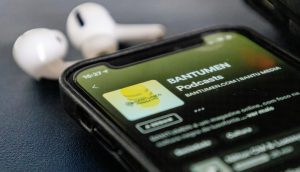YouTube is walking back the blanket ban and will begin to notify a range of news organizations and other authoritative information sources when their channels will be eligible for monetization. The original action was meant to limit distribution of misinformation about the virus.
Devon MacDonald, CEO of Mindshare Canada, says, “As the understanding and awareness of the virus has changed I can see that there would be a wider variety of content around it. With new awareness and the YouTube guidelines, I agree that some content related to it would fit into their program.”
He says this falls in line with numerous digital publishers, which have removed their paywalls around COVID content in order to distribute more information around it. “These are still very early days, however, and brands remain cautious about advertising during times like this. It will be important for buyers and brands to understand how their messaging could show up against coronavirus related content.”
Scott Stewart, president of VMC Media, says like any user-generated content platform, there is always the risk of misinformation but that there’s no way they can handle that much volume to ensure the accuracy of information against everything that is being posted.
“On the other hand, similar to how Facebook worked with the WHO to help get information out there, YouTube could help to do that as well. I guess I would just prefer that in times like this that they use their scale to lean in with a comparable approach to ensure credibility of messaging rather than see it as an opportunity to re-prioritize monetized ads now that COVID-19 has taken up a substantial amount of daily news bandwidth.”
YouTube’s homepage directs users to the WHO, CDC and other local authorities. Google is blocking ads capitalizing on the virus and its SOS Alert features the latest news, safety tips and links to updates from the WHO.
Stewart adds, “I still think it’s a weird re-evaluation of established nomenclature to go and de-classify as a “sensitive event” – a natural disaster per se. I’d say a worldwide pandemic could and should be classified in a similar manner and that source, verified or not, shouldn’t benefit [revenue-wise] off the back of a crisis of this magnitude.”























